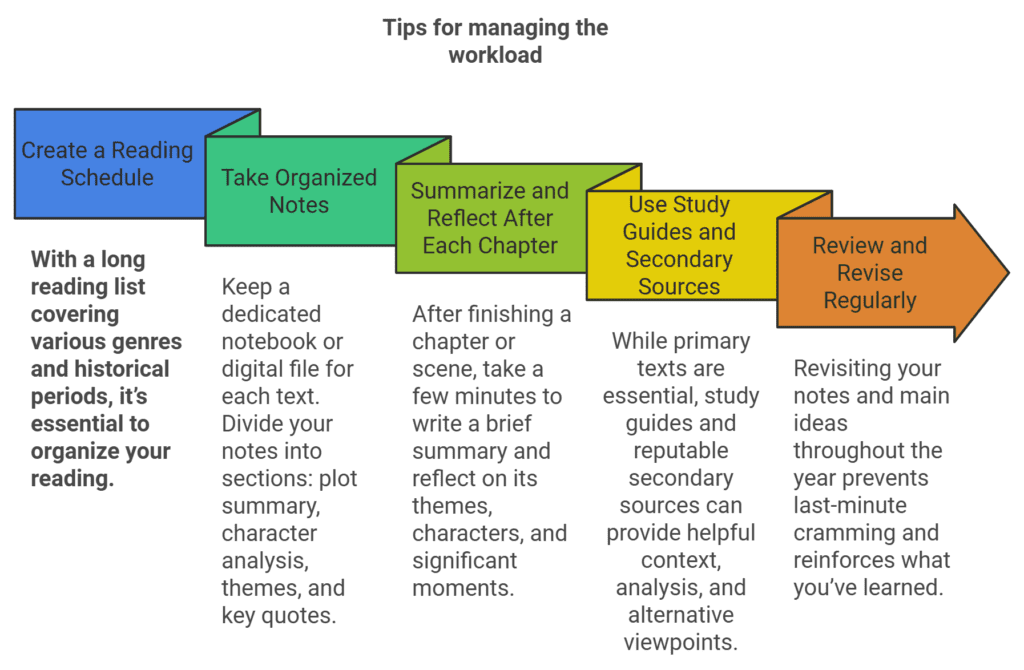Is A-level English Literature Hard?
For students considering A Level English Literature, the question of difficulty looms large. Is it a rewarding journey through the world’s greatest works, or a relentless challenge in analysis and essay writing? From a personal perspective, English Literature invites deep exploration of human experiences, emotions, and cultures an enriching endeavour for anyone passionate about words.
Academically, however, it demands a rigorous approach to interpretation, critical thinking, and sustained reading. In this blog, we’ll examine the realities of the course, weighing its intellectual demands against its personal rewards, to help you decide if it’s the right fit for you.

What Makes A-Level English Literature Challenging?
A-Level English Literature earns its reputation as a demanding subject due to several key factors. One primary challenge is the diversity of texts. Unlike GCSE English, which covers a limited selection of novels, plays, and poems, A-Level English Literature requires students to engage with a broad array of texts from various genres, periods, and cultural backgrounds. This variety enriches the study but also demands adaptability, as students must navigate different writing styles, historical contexts, and thematic concerns with equal proficiency.
Another core challenge is the necessity for critical thinking. Success in A-Level English Literature isn’t just about understanding what happens in a text; it’s about interpreting the author’s intent, exploring underlying themes, and examining how language and structure convey meaning. This level of analysis requires students to question and dissect texts rather than simply summarise them, which can be a shift from previous ways of studying literature.
Lastly, A-Level English Literature demands detailed analytical skills. It’s not enough to recognise themes or identify literary devices; students must be able to analyse their significance in depth, often comparing and contrasting them across different works. This means developing well-supported arguments and expressing complex ideas clearly and precisely in essays. For many, learning to structure these nuanced responses is one of the more technically challenging aspects of the course.
In essence, A-Level English Literature is challenging because it combines an expansive syllabus with the need for high-level critical and analytical skills. However, these challenges are also what make the subject so rewarding, offering students the tools to engage deeply with literature and develop a nuanced understanding of the written word.
Is English Literature Harder than Other A-Levels?
English Literature holds a unique position among A-Level subjects. Universities highly regard English Literature as a ‘facilitating subject,’ especially for courses requiring strong communication, analytical, and interpretative skills. This reputation suggests English Literature is both rigorous and academically valued, but how does it compare in difficulty to other A-Level subjects?
Compared to subjects like Mathematics or sciences, which have formulaic solutions, English Literature is focused on interpretation over concrete answers. This emphasis on interpretation can make it seem harder, as there are often multiple valid perspectives. Success depends on a student’s ability to construct and support arguments. Unlike subjects with clear answers, English Literature requires reading between the lines and offering unique, well-reasoned insights.
Furthermore, the course’s reliance on essay-based assessment can make it challenging compared to more exam-focused subjects. English Literature A-Level demands clarity in writing, coherent structuring, and the ability to craft persuasive arguments under timed conditions skills that take practice and patience to master. In contrast, subjects like the sciences, while challenging in their own ways, often offer more predictable testing formats.

Is English Literature A-Level Worth It?
Studying A-Level English Literature offers a range of benefits, from career and academic advantages to personal and intellectual growth. Universities highly regard English Literature for its development of critical thinking, analytical, and communication skills. These abilities are essential in various degree programs and valued in fields like law, journalism, media, education, and public relations. English Literature A-Level opens doors to many careers by cultivating versatile skills that are valuable in the workplace.
Beyond academics, English Literature encourages exploration of human experiences, cultures, and ideas. It fosters empathy and a broader worldview by immersing students in diverse narratives. While it builds communication and analytical strength, other subjects, like A-Level Physics, demand logical reasoning and quantitative problem-solving, highlighting how each subject develops unique, valuable skills. English Literature also promotes independent thinking and personal reflection, offering students a deeper understanding of themselves and others.

Debunking Myths: Common Misconceptions About English Literature A-Level
- Myth: “Only Naturally Talented Students Excel”
Success in English Literature isn’t about “natural talent”; it’s about practice and dedication. Skills like analysis and essay writing can be developed over time. With consistent effort, many students improve, regardless of their starting point. - Myth: “It’s Impossible to Get a Top Grade”
While English Lit requires deep analysis, top grades are achievable. Success depends on building structured essays, understanding assessment criteria, and supporting arguments with evidence. Practice and feedback are key to mastering these skills. - Myth: “English Lit Only Involves Novels”
English Literature A-Level includes novels, plays, and poetry across genres and periods, offering a broad understanding of literature. This variety enriches students’ perspectives and analytical skills. - Myth: “English Lit Isn’t Practical”
English Literature develops critical thinking, communication, and analytical skills—all highly valued by employers. These abilities are versatile and relevant across many careers. - Myth: “You Just Need to Memorise Quotes”
Memorising quotes helps, but success requires deeper analysis. Strong answers connect quotes to themes and context, showing understanding rather than just recall. - Myth: “It’s All About Personal Opinion”
While personal interpretation matters, high marks require evidence-based analysis. Opinions should be well-supported, structured, and tied to the text.
Get Help from a Tutor
For many students, A-Level English Literature can be challenging, with its heavy workload and the need for strong analytical and writing skills. Seeking support from a skilled tutor can make all the difference, offering guidance to build confidence and excel in the subject. At Edumentors, we specialise in connecting students with experienced, knowledgeable tutors who understand the demands of English Literature A-Level.
FAQs
How can I get an A in English Literature A-Level?
Achieving top grades involves thorough knowledge of texts, critical analysis, and detailed understanding of themes, characters, and language. Practice with specific examples, timed writing, and review teacher feedback to improve analytical skills.
How should I prepare for English Literature A-Level exams?
Preparation for English literature includes engaging in timed practice exams, discussing interpretations with peers, reviewing teacher feedback, and exploring various literary genres. Building familiarity with both classic and modern texts can provide a balanced understanding.
Is A-Level English Literature difficult?
This subject is considered challenging due to the need for advanced linguistic and conceptual analysis. It requires a step up from GCSE, with a deeper focus on critical thinking and the ability to engage with complex texts across various genres.
What does A-Level English Literature consist of?
The course generally includes a comprehensive study of literary genres prose, poetry, and drama spanning different periods from Shakespeare to contemporary works. It emphasises historical development and literary techniques.
How much reading is required for A-Level English Literature?
Students need to read multiple texts in-depth, often including a mixture of classic literature, modern novels, poetry, and plays. Regular reading and analysis are crucial, as each text is typically studied in great detail.








